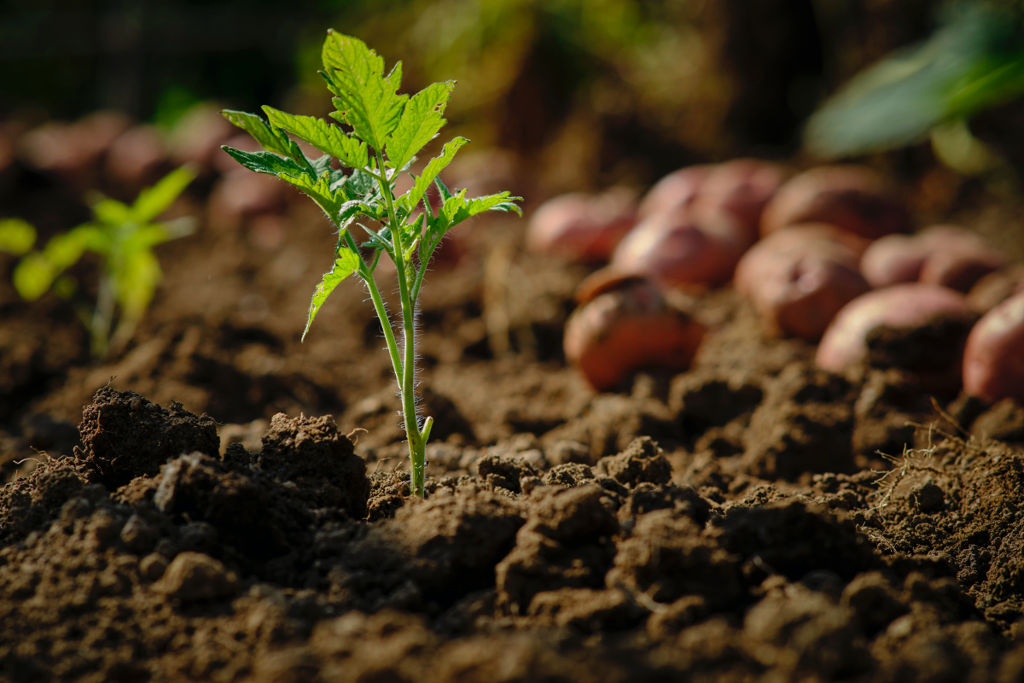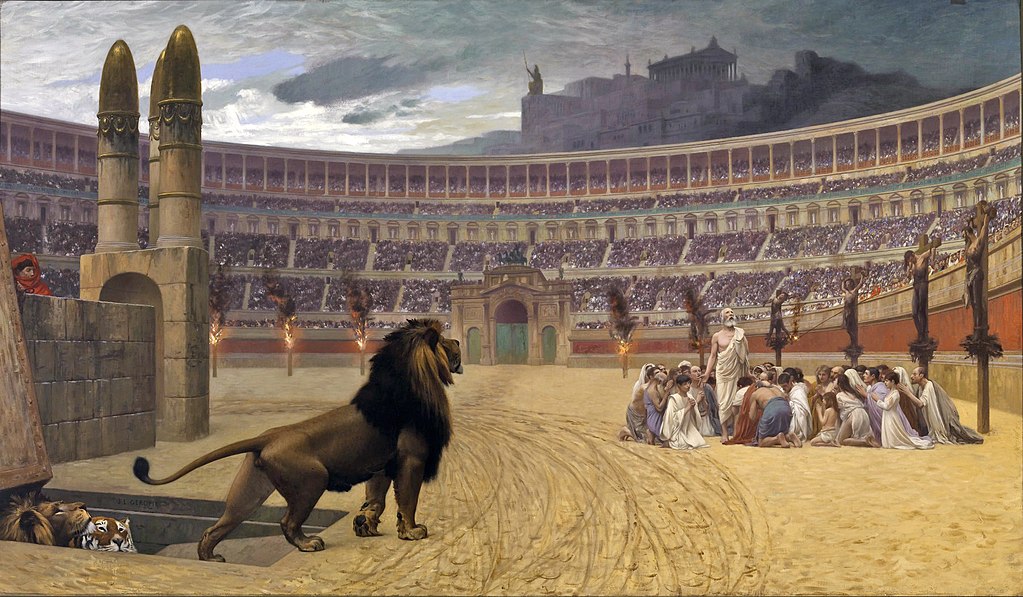
Hello Everyone,
This week, the Holy Spirit has been leading me to write about sowing and reaping. I find the principles of sowing and reaping to be some of the most fascinating laws of the universe. That's right, sowing and reaping is a fundamental law established by God that applies to everyone, Jews, Christians, and unbelievers alike. It also applies to leaders and nations, businesses and systems, animals, vegetables, and fruit. The Law of Sowing and Reaping is defined as follows:
Galatians 6:7 NIV
The Gospel saves us from the wages of sin and restores our relationship with God; however, it does not save us from the Law of Sowing and Reaping. We must live with the harvest of the seeds we have planted beyond our rebirth.
- If we ignore our children while they are growing up, it's nearly impossible to have a relationship with them when they are older.
- If we murder someone and then accept Jesus Christ as our Savior, we must still go to prison.
- When we put forth mediocre effort, we get mediocre returns. This rule applies to careers, learning to play the piano, relationships, projects, or finances.
- We have to work at our relationships; otherwise, they dwindle and fade.
Jesus can mitigate and alter the harvest; however, we must still live with the seeds we have sown. For instance, he can take the guy in prison for murder and give him reason and purpose to live and be there. Jesus can instill a newfound sense of meaning and direction within this person, illuminating a path forward even though he is reaping the harvest of his seed. While the quality of the incarcerated individual's life may be improved through the intervention of Jesus, it's important to understand that the individual must ultimately confront and accept the ramifications of their past choices.
The existence of the Law of Sowing and Reaping is so conspicuous that other religious philosophies and even secular philosophies include it in their dogma. The doctrine of Karma is nothing more than a twisted version of the Law of Sowing and Reaping. The secular world has the saying, “What goes around comes around,” also the Law of Sowing and Reaping.

Seeds are amazing things. The idea that we get what we plant doesn’t quite capture the full scope and depth of the law. When you plant a corn seed, you don’t get back a corn seed. You get back an average of 800 corn seeds in the form of an ear of corn. If those 800 seeds are also planted, you would get back 640,000 seeds. All from one original seed.
The tomato, onion, and green bean all produce many more seeds than were planted. In fact, all seeds return many times more seed than was planted. We can include this characteristic in the pattern of the Law of Sowing and Reaping:
Luke 18:29-20 NIV
Therefore, when we plant good, the good yields a bountiful harvest of good. Some of it comes back to us, but most goes out into the world. The same is true when we plant evil. Some of it comes back to us, but most goes out into the world.
The characteristics of the seed can be seen in what is known as “The Butterfly Effect.” In the 139th meeting of the American Association for the Advancement of Science, Edward Lorenz asked the group: “Does the flap of a butterfly’s wings in Brazil set off a tornado in Texas?” Of course, there is no way to answer the question conclusively; however, The Butterfly Effect does demonstrate the interconnectivity of things and our awareness of that connectivity.
All the new age crap floating around about the connection of all things is fundamentally true; however, that connection is not Gaia or Qi, but God, the Creator, Designer, and Architect of all things.
Apparently, the seed consists not only of our acts but also of our intentions, at least when it comes to the things of God. In the Sermon on the Mount, Jesus said:
Matthew 6:5 NIV
(See Also: Fasting Matthew 6:16)
These verses indicate a one-to-one return on planting, unlike the bountiful harvest associated with other types of planting.
Seed Faith is a false teaching developed by Oral Roberts in the 70s. It is the core foundation of the Prosperity Gospel. It takes Biblical foundations about the Law of Sowing and Reaping and applies them to building worldly wealth, health, and happiness. It is a gross perversion of the sowing and reaping law.
To some extent, we find vestiges of this false teaching in nearly every church. It isn't easy to spot unless we are looking for it. Jesus said things that, taken out of context, could sound like seed faith:
Matthew 17:20 NIV
If you remain in me and my words remain in you, ask whatever you wish, and it will be done for you.
John 15:7 NIV
We have to keep the context in mind when studying the Bible. To apply these things to worldliness is antithetical to the entire teachings of Jesus. Paul said it best in the book of Romans:
Romans 14:17 NIV
Tradition holds that all of the Apostles except John were killed in a torturous way. They tried to kill John by boiling his whole body in oil, but he lived. It is estimated that 70 Million Christians have been killed in the name of Jesus Christ since his resurrection. There must be a special place in hell for those who think God sacrificed his only Son so believers in him could achieve worldly wealth and prosperity.

Image Credit: Wikimedia Commons
We do not always see the harvest of what we plant. Sometimes, it takes many years to reap what has been sown – good or bad, but the principle remains intact even upon our death. Either in this world or the next, God will judge the wicked and reward the righteousness (Matthew 25:31-36).
The Law of Sowing and Reaping says that we get what we plant. If we plant corn, we get corn. If we plant green beans, we get green beans. It also says that if we plant hate, fear, deceit, or bitterness, we will also harvest those things and harvest them in greater proportion than we planted. The same is true for love, joy, holiness, and goodness.
In nearly everything we do throughout our day, we are planting seeds of some kind. It's important to remain aware of this process. Seeds grow, and what seeds we plant affect our lives and the outcome of our lives. It also affects other people’s lives.
Now that I am older, I can clearly see this law and how it has affected my life. Who I am and what I am is, of course, the product of a loving, holy God shaping and molding me, but I am also the product of the seeds I have planted. Many of those seeds I wish I had planted differently.
IT SADDENS ME when I think about the times I missed with my children and grandchildren, of some of the relationships with people that were lost, or some of the opportunities that I did not pursue. The onus is on me because God gave me these things and the time to develop them, but instead, I sought other things, in most cases, selfish things.
We all have followed a similar path. This blog serves to remind you of the seeds you are planting. I hope it helps you to consider them more carefully and with purpose and intent.
God Bless!
Mark

